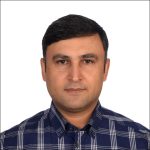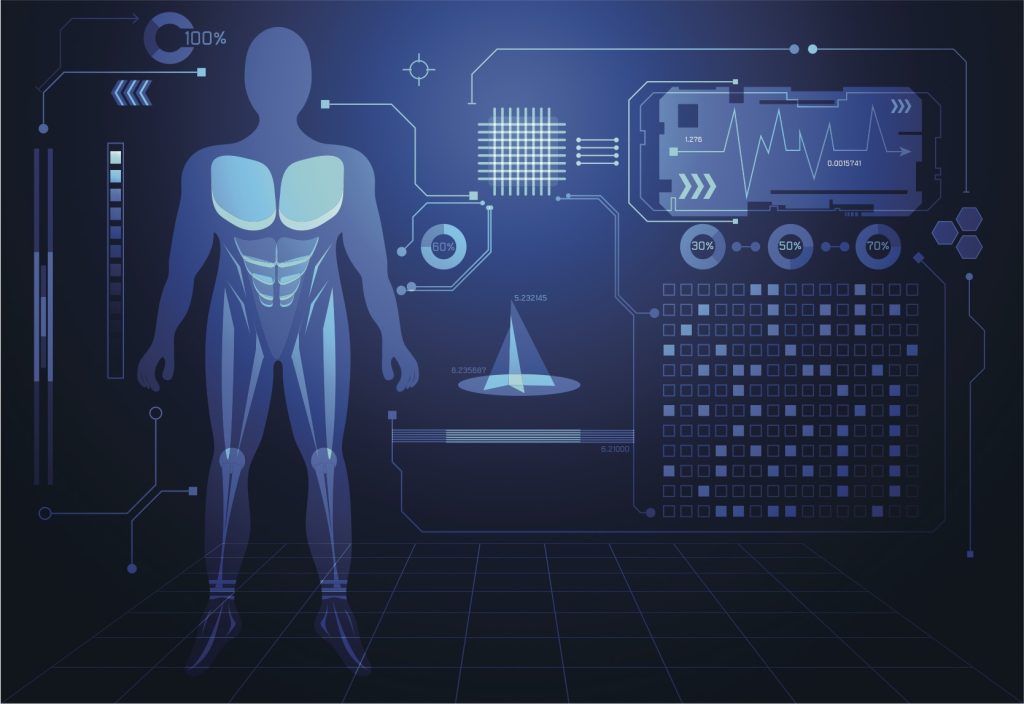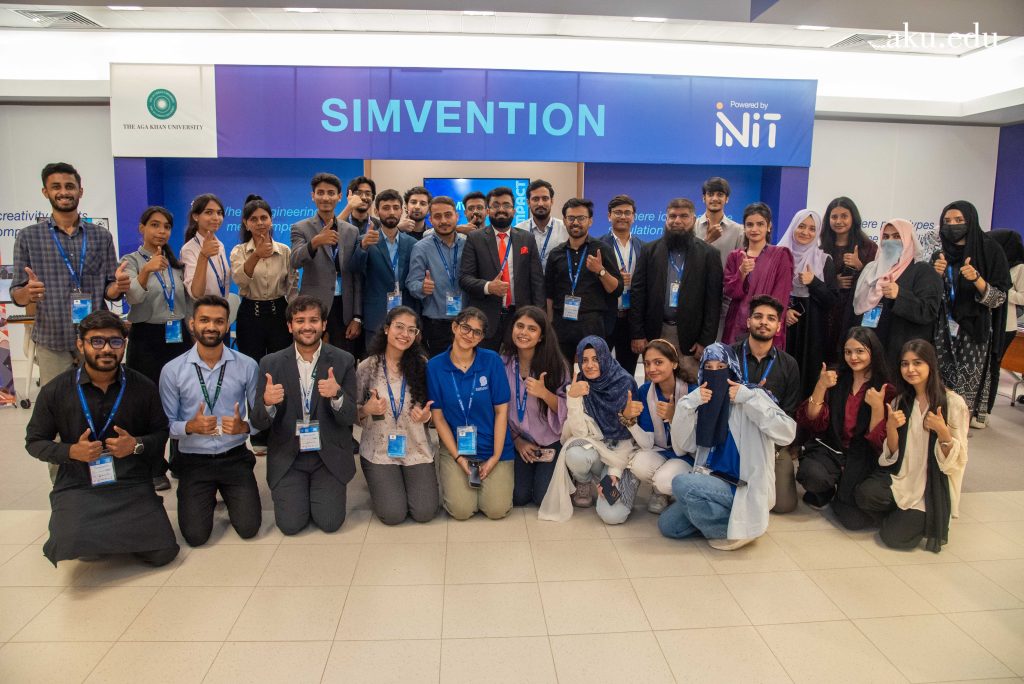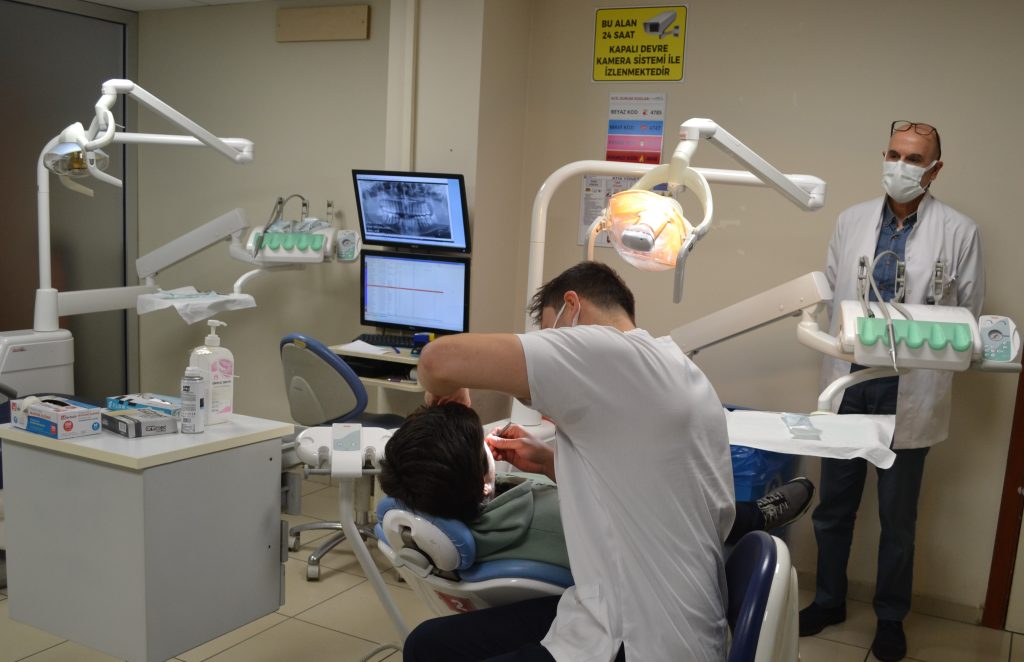Explore the surgical simulation’s innovative approach to medical training at the newly established Surgical Simulation Training Unit, situated within the Karadeniz Technical University Medical Education and Training Simulation Center (KTU MEDSIM). Selçuk Akturan, responsible for surgical simulation training, addresses the key aspects of advancing surgical professional development, including challenges, objectives, and stakeholder engagement. Collaborating with various entities, the Surgical Simulation Unit aims to contribute to the modernization of surgical training in Turkey.
General information about the Surgical Simulation Unit

Surgical Simulation Training Unit was recently established in Karadeniz Technical University Medical Education and Training Simulation Center (KTU MEDSIM). The aim of this unit is to design and carry out the simulation training of the surgical units with an interprofessional team approach. Prof. Dr. Mustafa Imamoğlu is the head of the unit, and I am the director of surgical simulation training.
KTU MEDSIM in brief

Established in 2017, KTU MEDSIM spans 1200 m2 and features six dedicated simulation rooms, including a surgical simulation room, pediatric emergency, newborn care, gynecology, intensive care, and emergency service facilities. Alongside these, KTU MEDSIM boasts a clinical skills laboratory, two debriefing rooms, spacious meeting halls, and specialized preparation rooms for standardized patients. Our facilities extend to separate changing rooms for men and women, a relaxing cafeteria, a system room, and ample storage facilities. The Center is powered by a robust team of 15 academic professionals, including 3 full-time staff from diverse medical backgrounds. At the heart of our simulation expertise are high-fidelity simulators like the Torry S2210, Pediatric Car S2225, Adult Car S3201, Victoria S2200, and the renowned Simbionix LAP Mentor III Surgical Simulation Device. KTU MEDSIM has conducted numerous training sessions in various medical fields, attracting both domestic and international participants.


The challenges of surgical simulation training
In the simulation training sessions conducted for surgical residents, there appears to be a lack of consideration for the real-world context in which these residents will eventually practice. Furthermore, there is an underutilization of the residents’ observations and experiences within these training sessions. As a result, residents do not have sufficient opportunities to reflect on the disparities between their current performance and the performance standards they need to meet. This deficiency in the training approach makes it likely that residents, who solely focus on mastering surgical techniques, will encounter difficulties in internalizing these practices and applying them effectively in diverse clinical settings. Another issue at hand is the inadequacy in assessing the impact of these training sessions on the clinical performance of the residents. These problems stem from the absence of a comprehensive educational framework that designs processes with a holistic perspective. The Unit is responsible for addressing and managing these challenges.
Stakeholder engagement model for Unit improvement
We intend to establish a ‘core team,’ composed of individuals from various departments, and the selection process for this core team will be finalized soon. Initially, our plan involves creating and implementing simulation training programs with the involvement of surgical units, aligning with the project drafts we’ve prepared based on current needs identified through our research. As time progresses, our goal is to establish a ‘project team’ comprising participants from diverse stakeholder groups. This team will be responsible for conducting research to identify perceived training requirements and assessing the impact of training involving relevant stakeholders. We are also open to collaborating with international partners.
In essence, our objective is to evolve as a unit that thrives through active stakeholder engagement, welcoming all units or individuals who have an interest in surgical simulation training to participate in the process.

Facilitating Professional Identity Development
The impact of the longstanding surgical work culture, heavily influenced by implicit norms developed over centuries, falls short of meeting the contemporary societal demand for more compassionate and interactive communication practices. As a result, this unit focuses on programs aimed at enhancing the professional attitudes and behaviors of surgical residents, including humanitarian communication, crisis management, delivering bad news, and effective team leadership. Within this endeavor, Standardized Patients (SPs) play a crucial role as valued team members, having received training through the ‘Standardized Patient Training Unit’ at the KTU Department of Medical Education.
The conceptual framework of surgical simulation trainings
Our goal is to assess the competence of residents within a clinical context that closely mimics real-world clinical environments. Furthermore, we are committed to creating opportunities and settings for surgical assistants to engage in self-reflection and learn from the experiences of themselves and others, thereby fostering their professionalism and professional growth. Another fundamental aspect of our training framework is to evaluate the effects of training within clinical settings. Thus, the key principles that underlie our simulation training programs encompass the importance of context (contextuality), reflective learning from experiences (reflection on experiences), and the measurement of their impact in clinical settings (measuring their impacts).

Objectives and Ambitions of the Surgical Simulation Unit
The objectives of this unit include:
- Setting a positive example for the establishment of additional training units within KTU MEDSIM.
- Playing a pivotal role in fostering an interprofessional working environment within our institution.
- Promoting the adoption of simulation methods across various disciplines.
- Aspiring to attain authorization to conduct surgeons’ board examinations in specific domains.
- Striving to become a prominent center for surgical simulation training within both our country and the broader regional context.
- Transforming stakeholder-generated ideas into tangible outcomes through the utilization of national or European funding opportunities.
We wholeheartedly believe in our ability to successfully execute short-term, medium-term, and long-term plans in collaboration with our stakeholders. We look forward to sharing our experiences and positive outcomes with the broader surgical simulation community in the near future.
READ ALSO












































1 comment on “A Surgical Simulation Unit to advance Training & Professionalism in Turkey”
Dear Mr. Selcuk Akturan,
I very much enjoyed reading this article and seeing how engaged and motivated you are for the future of KTU-Medsim.
You have a unique place within our partners. Congratulations… Ece Hepis/Kimeks-Istanbul